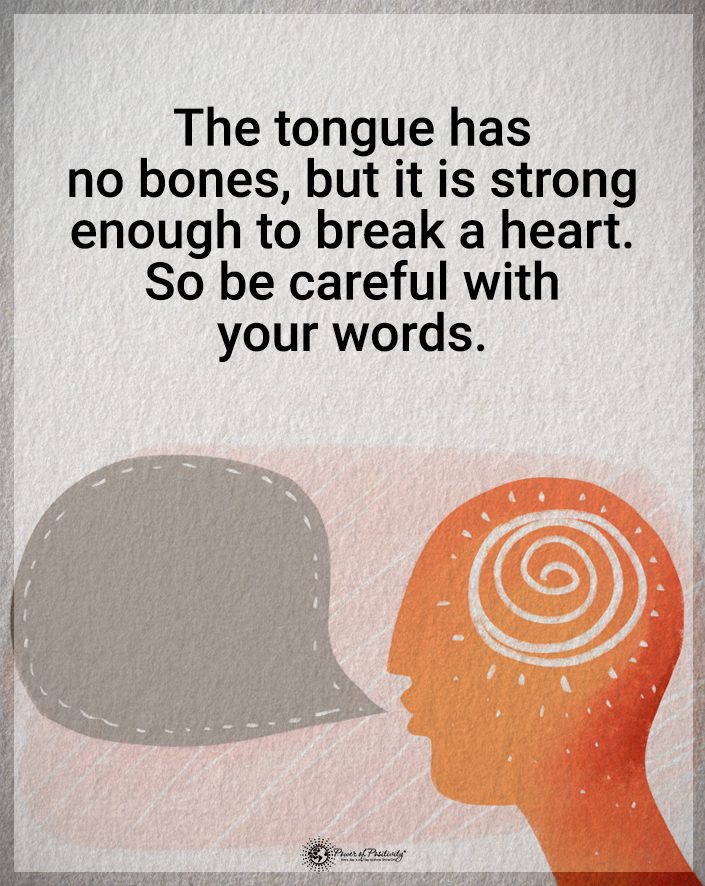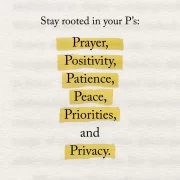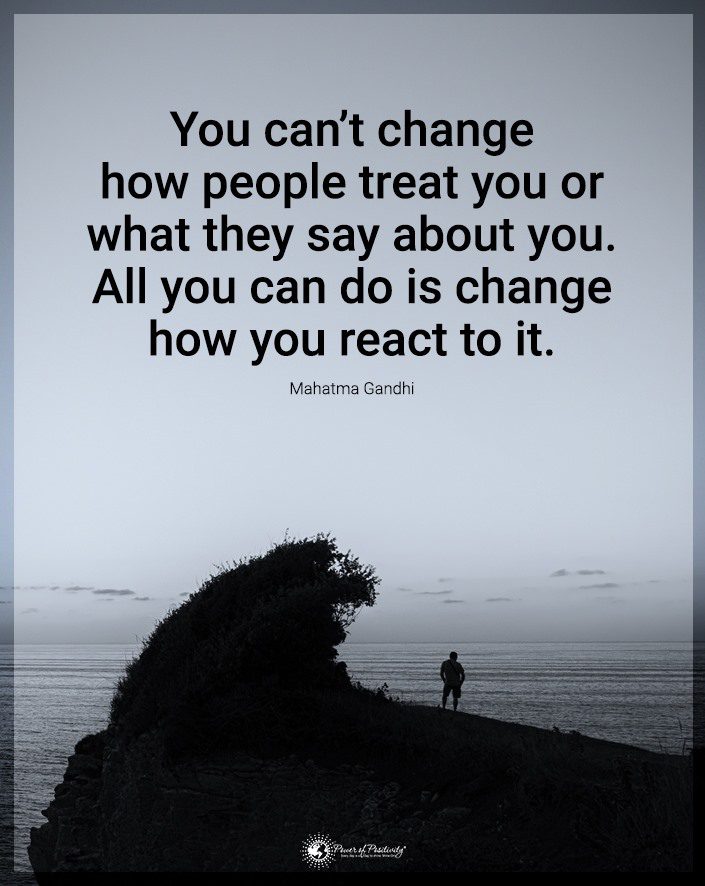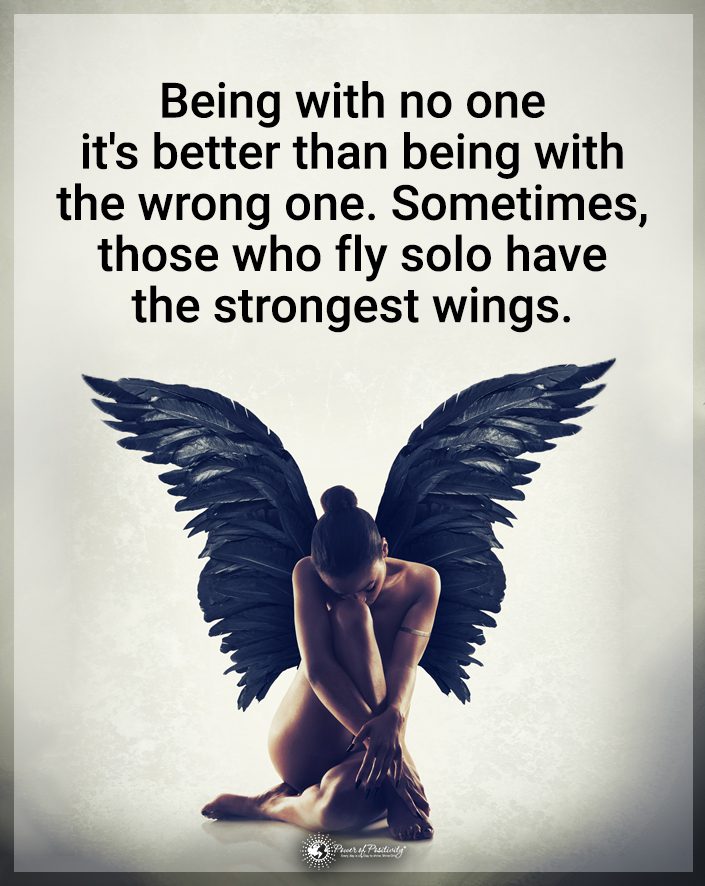Here’s how you can let go of people who hurt you.
Have you ever felt like a relationship in your life – romantic, friendly, or professional – drains you more than it fulfills your soul? You’re not alone. Toxic relationships are far more common than we’d like to admit. They’re the kind of connections that bring more stress than support. They also mean conflict rather than comfort. Understanding what a toxic relationship looks like and acknowledging its impact on our lives is crucial for our mental and emotional well-being.
So, what exactly is a toxic relationship? Those who experience it explain how it’s full of behaviors that are emotionally and, sometimes, physically damaging to one or both parties involved. It’s not just about occasional disagreements or rough patches, which are normal in any relationship. Toxic relationships are persistently harmful and can leave lasting emotional scars.
Addressing toxic relationships is vital. But why? They don’t just affect our mood. Instead, they can impact our mental health and self-esteem and harm our physical health. Recognizing and releasing oneself from such relationships does not mean only making a positive change. Instead, it means we must start prioritizing our well-being and mental peace.
How Can You Recognize a Toxic Relationship?

Identifying a toxic relationship can be challenging, especially because it often involves intense emotions and complicated dynamics. Southern Utah University outlines several characteristics that are typical in toxic relationships.
Here’s a breakdown of some key indicators to help you recognize if you’re in a toxic relationship:
- Emotional Manipulation: This is a big one. Emotional manipulation involves tactics like guilt-tripping, gaslighting (where you’re made to doubt your reality), and playing the victim. It’s about control and creating a power imbalance in the relationship. If you find yourself constantly second-guessing your feelings or reality because of someone else’s comments or actions, it’s a red flag.
- Lack of Support: Support is the backbone of any healthy relationship. In toxic relationships, there’s a distinct lack of encouragement and understanding. Instead of feeling uplifted, you might feel constantly belittled or criticized for your choices and actions. It could signify a toxic environment if your accomplishments are met with indifference or jealousy rather than joy.
- Harsh Communication: Respectful, kind communication often disappears in toxic relationships. You might face harsh criticism, sarcasm, or outright hostility. How you talk to each other can reveal a lot about the health of your relationship. If conversations are more often than not filled with accusations or contempt, it’s a worrying sign.
- Jealousy and Control: A little jealousy can be normal but can turn into obsessive control in toxic relationships. This could manifest as restricting who you can see, what you can do, or even constant surveillance. If you feel suffocated by your partner’s need to control your actions, it’s a sign that the relationship is veering into unhealthy territory.
- Dishonesty and Lack of Trust: Trust is key to every healthy relationship. In toxic ones, there’s often a pattern of lies and dishonesty. This could be about big issues or small day-to-day matters. If you can’t trust what the other person says, or if you find yourself lying to avoid conflict, it’s a significant concern.
- Constant Stress and Walking on Eggshells: It indicates a toxic relationship if you find yourself perpetually anxious about your interactions with someone or feel like you’re always walking on eggshells around them. Constantly worrying about setting off an argument or upsetting someone can be emotionally exhausting.
It’s important to remember that being in a toxic relationship isn’t your fault. Understanding the dynamics at play can help you start thinking about the changes you must make for your health and happiness.
Understanding the Impact of Toxic Relationships
The effects of toxic relationships extend far beyond temporary discomfort or unhappiness. They seep into our mental and emotional fabric, often with long-lasting consequences. Research conducted by Arizona State University digs further into the deep emotional toll these relationships can have.
One of the most significant impacts of a toxic relationship is heightened stress and anxiety. When you’re in a constant state of tension, waiting for the next argument or hurtful comment, your body is in a perpetual state of alert. That can lead to sleep disturbances, headaches, and a weakened immune system.
Moreover, toxic relationships can chip away at your self-esteem and self-worth. Persistent criticism, gaslighting, or emotional manipulation can make you doubt your value and question your perceptions and memories. This self-doubt can lead to feelings of worthlessness and depression.
In addition, these relationships often foster a sense of isolation. You might pull away from friends and family, either due to the controlling nature of the toxic individual or out of a sense of embarrassment or confusion about your situation. This isolation also compounds the stress and anxiety, creating a vicious cycle.
Finally, toxic relationships can be a barrier to personal growth and happiness. When you’re constantly dealing with the negative energy of such a relationship, it’s hard to focus on your goals and aspirations. Your personal development takes a backseat, and your potential remains unfulfilled.
Recognizing these impacts is crucial for understanding why releasing oneself from toxic dynamics is important. It’s not just about ending a difficult relationship; it’s about reclaiming your mental and emotional health.
What Are the Steps to Release a Toxic Relationship?
Releasing a toxic relationship is a journey that requires courage, self-awareness, and support. The Greater Good Science Center provides invaluable guidance on navigating this difficult path. Here are some key steps:
- Acceptance: The first step is to accept that you are in a difficult situation. This isn’t about resigning yourself to misery but acknowledging the relationship’s reality. Acceptance allows you to move forward with clarity and purpose.
- Honesty: Be truthful, both with yourself and the other person. Denying the issues or lying to keep the peace only prolongs the toxicity. Speaking your truth might be difficult, but it’s essential for breaking the cycle of a toxic relationship.
- Manage Your Emotions: It’s natural to feel a range of emotions—anger, sadness, and fear. However, it’s important to manage these emotions effectively. Techniques like deep breathing, mindfulness, and stepping away from heated situations can help maintain emotional equilibrium.
- Seek Support: Don’t go through this alone. Reach out to friends, family, or a professional counselor. That’s because a support system can provide the strength and perspective to make difficult decisions.
- Set Boundaries: Establish and maintain clear boundaries with the toxic individual. This might mean limiting contact or, in some cases, cutting off contact altogether. Remember, boundaries are not just about physical space. Rather, they’re about protecting your mental and emotional well-being.
- Focus on Self-Care: Prioritize your own needs during this time. Engage in activities that nurture your body, mind, and spirit. Whether exercising, reading, or spending time in nature, find what brings you peace and make it a regular part of your life.
- Plan for the Future: Start envisioning a life free from the toxic relationship. What does it look like? What goals do you want to pursue? Indeed, planning for the future can be a powerful motivator and a reminder that there’s life beyond the current situation.
Releasing a toxic relationship is not an overnight process. Instead, a well-formed strategy takes time, patience, and self-compassion. With each step, you move closer to a life of greater peace, health, and happiness.
Coping and Personal Growth Post-Breakup
The end of a toxic relationship, while often a relief, can also bring a mix of complex emotions and challenges. According to research conducted by Arizona State University, navigating these post-breakup waters can lead to both emotional distress and opportunities for significant personal growth.
- Embrace Your Emotions: Feeling a range of emotions after a breakup is okay. Sadness, anger, relief, or confusion are all normal. Allow yourself to feel these emotions without judgment. Suppressing them can lead to more prolonged distress.
- Engage in Reflective Practices: Use this time to reflect on the relationship. What did you learn about yourself? How have you grown? Reflection can transform painful experiences into valuable life lessons.
- Positive Distractions: Engage in doing things that bring you joy and distraction. These could be hobbies, exercise, journaling, or spending time with loved ones. Positive distractions can break intense emotions. You’ll also take comfort from reverting to a familiar routine.
- Seek Support from Others: Reach out to friends, family, or support groups. Sharing your experiences and feelings with others who might understand is therapeutic. It also reduces feelings of isolation.
- Prioritize Self-Care: Look after both your physical and mental health. Self-care activities can boost your mood and overall well-being. These include exercise, a balanced diet, adequate sleep, and mindfulness.
- Personal Growth: Many people experience significant personal growth following a toxic relationship. Your growth may include a heightened appreciation for healthier relationships, a better understanding of personal boundaries, and an increased sense of personal strength.
- Forgiveness and Letting Go: This doesn’t mean excusing toxic behavior but freeing yourself from ongoing resentment. Forgiveness is a mighty tool for healing and moving on.
Should You Get Professional Help After Ending a Toxic Relationship?
Dealing with a toxic relationship can sometimes be overwhelming. As a result, professional counseling can be an invaluable resource. Counselors or therapists specialize in helping individuals navigate these complex emotions and experiences.
- Objective Perspective: A professional can provide an unbiased perspective and help you see the situation differently. This can be particularly helpful in understanding the dynamics of the relationship and your reactions to it.
- Developing Coping Strategies: Counselors can assist in developing effective coping strategies tailored to your needs. These include stress management techniques, communication skills, or ways to rebuild self-esteem.
- Addressing Underlying Issues: Sometimes, toxic relationships can stem from or worsen underlying issues such as anxiety, depression, or past traumas. Professional help can address these deeper issues. Thus, dealing with them head-on means a more comprehensive healing process.
- Resources and Guidance: Counseling offers emotional support, practical guidance, and resources. This could include recommendations for further reading, support groups, or legal advice if necessary.
Final Thoughts on Putting an End to Toxic Relationships
Releasing yourself from a toxic relationship is a journey marked by courage, resilience, and self-discovery. The process of healing and growth post-breakup, although challenging, is an invaluable opportunity for personal development.
Each step you take away from a toxic relationship is a step towards a happier, healthier you. It’s a measured risk that might be worth taking, not just for the promise of a brighter future but for the peace and self-respect you deserve today. So stay strong, stay hopeful, and trust in your journey to healing and happiness.
The post Psychologists Explain How to Release Toxic Relationships appeared first on Power of Positivity: Positive Thinking & Attitude.







